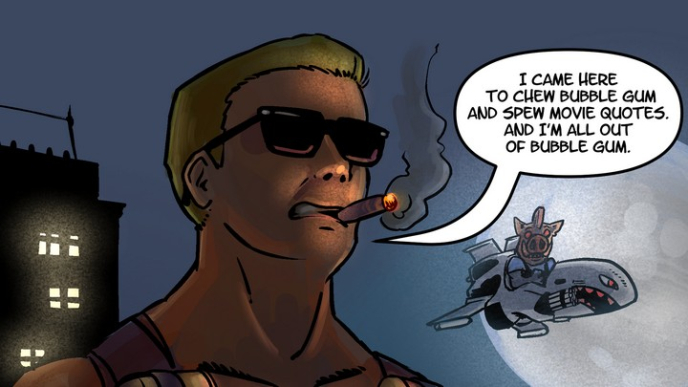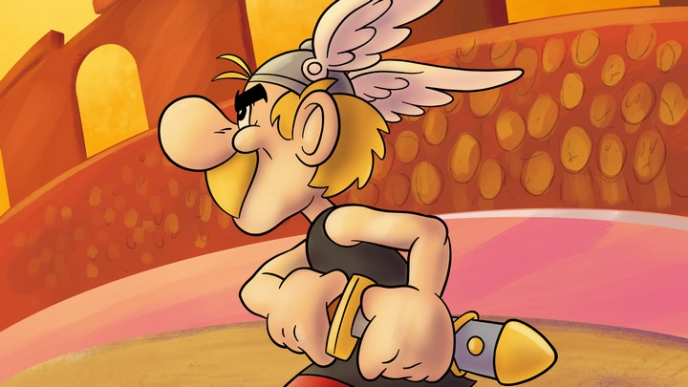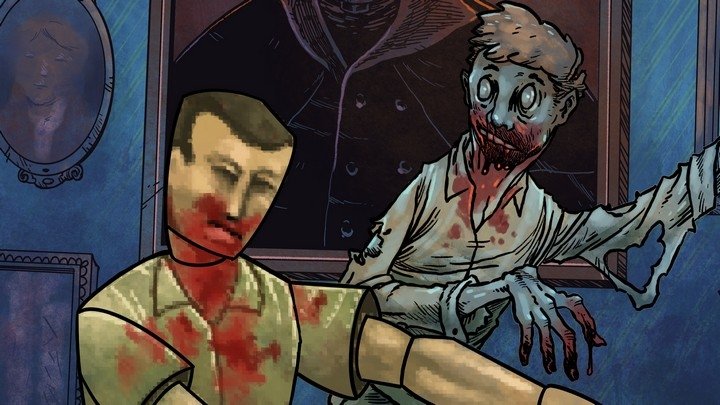Re(?)Considered: Bram Stoker's Dracula
Is it Vlad Tepes, or Vlad Tepid?
This fortnight on "Re(?)Considered" I have opted to forsake topicality of any sort. "But Stuart", I hear you cry, "How is this any different from any other instalment of Re(?)Considered?" I smile, wink and touch the tip of my nose. Only I will ever know the truth. And, masterfully, I segué from discussion of the truth to the foremost truth of cinema; 1992's Columbia Pictures' Francis Ford Coppola's Bram Stoker's Dracula is the greatest movie of all time. Alright, I'll cheerfully concede that it isn't. Indeed, it could be described as having many flaws - particularly Keanu Reeves' astounding accent - but it's certainly a very interesting film at the very least. True to type, several licensed games of the film were released and it's the Sega Master System version I'd like to focus on today.

Developed by Probe, it's an of-its-time platform game that I'd hold up as one of the best licensed games of its era. Controlling Jonathan Harker, players experience an unusual mixture of Prince of Persia's verisimilitude and Super Mario Bros.' iconography, with full-on "?" blocks littering the stages, hiding power-ups. In order to differentiate the vampire larks from the fat plumber's adventures, you stomp the blocks from above to open them, instead of bashing them from below. See, it's different.
In another departure from Mario, Bram Stoker's Dracula eschews momentum. Harker moves exactly where you tell him. He has a slightly unusual jump wherein hitting Button 2 doesn't instantly send him into the air, instead "winding up" for a leap. This feeds into that vague Prince of Persia feel, though the actual level design doesn't really call Jordan Mechner's masterpiece to mind at all. Each location is divided into two stages; day and night. Oddly, the "day" stages actually begin in the light, then after a few seconds will drop into "night", causing enemies to speed up and until-then inactive traps to activate. This is an undercooked feature given that you won't get far enough into most levels for it to matter before night falls, but it demonstrates an ambition that's beyond what's necessary for a game like this.

There are false walls and breakable floors everywhere, hiding secret stashes of power-ups. You'll need them because the game is certainly not easy; encounters with the Brides of Dracula mid-level will sap away your lives quite quickly, enemies are numerous and varied and a relatively strict time limit imposes its fearsome will on the later levels. Despite this, the game's best played on Hard mode - the challenge is not unreasonable and the game is fairly short, so replaying on Game Over is rarely arduous.
In short, Bram Stoker's Dracula is an attractive, atmospheric, challenging and well-designed platformer with responsive controls and a grasp of level design far beyond its 16-bit cousins. Unsurprisingly, it hasn't been re-released for anything, and until we get a Surprisingly Good Licensed Games Based on Movies Collection (including this, Judge Dredd for SNES and Michael Jackson's Moonwalker for Mega Drive) then emulation or original hardware are your only recourse.

Oh no, I’ve just realised we’re only a few days past Halloween, meaning this is in fact one of the most topical Re(?)Considereds I’ve ever done. We've all become God's madmen. All of us.




